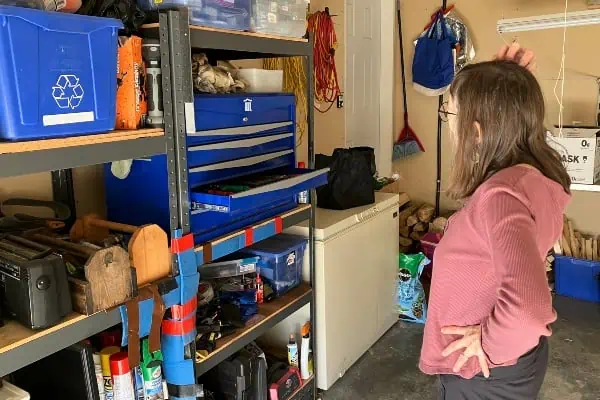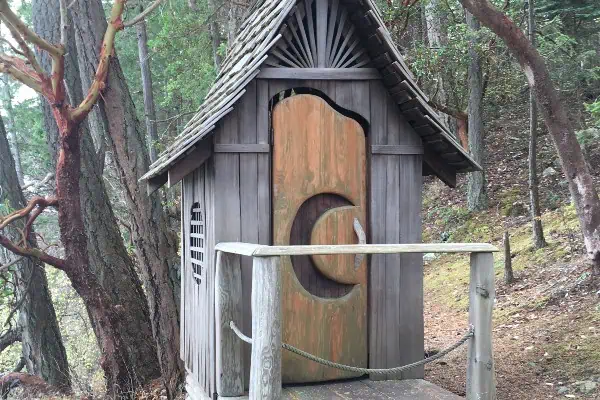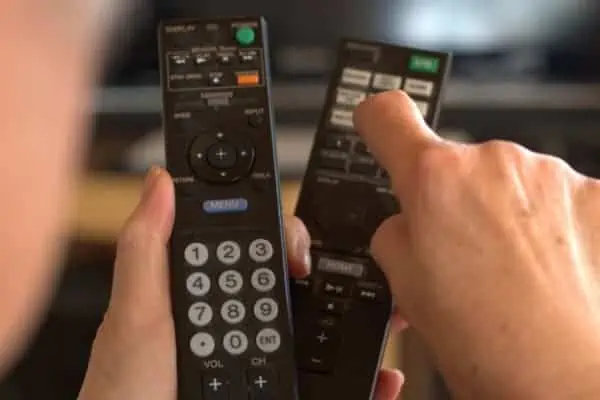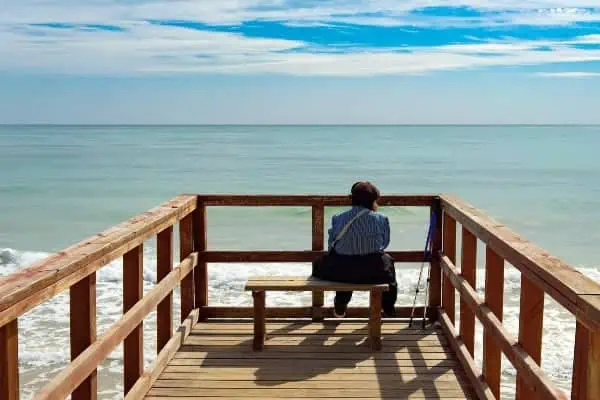I turned 70 this past summer. I’ve been pondering, How did I get there so soon?
So what’s your stereotype of a 70-year-old “lady”? Grey hair? Yep, that’s me, and I earned every one! Wrinkles and brown splotches? Yes, plenty! A cane? Actually, walking sticks for long walks! Sitting in a rocking chair, all day, doing needlework? Definitely not me (but nothing wrong with it) … besides, can’t see much detail anymore.
Did you hear about Amanda Rendall? She’s the dedicated, daily walker who, as part of her routine, cleans up litter at the Whitehorse skateboard park and visits with the skaters—something she’s been doing for close to 20 years. She has earned a special place in the hearts of the youth at the park. She’s 99.
When I heard about her, I got thinking about older adults in my life … I mean much older than me, who are living vibrant and active lives in their 80s and 90s.
There’s a couple in their 80s who operate, on their own, a placer mine, in Dawson, and have been doing it since they “retired” from their café business.
I know several seniors and elders actively engaged in their communities. At least two First Nations Elders I know are leaders in preserving their Tlingit and Kaska culture and language.
Some baby boomers, former anti-war and civil rights activists, have continued their activism and founded many of the non-profit, advocacy, environmental and social-justice groups in the Yukon. As baby boomers age, they will continue to be engaged and to speak out on various issues.
I’m impressed by artistic women (friends and relatives in their 70s), one of whom is preparing for a major showing of her paintings, in 2019. Other 70-year-old friends continue to remain physically active in cross-country skiing, cycling in the Kluane Chilkat International Bike Relay, and canoeing in the Yukon River Quest.
A woman who has served as a role model and inspiration for me, over the last couple of years, turned 98 in November. Nita’s got the usual aches and pains, failing hearing and vision issues, but I seldom hear a complaint from her. She lives independently. Does her own cooking, bakes the best Queen Elizabeth Cake, ever, and provides regular batches of cookies for her great-grandson. She plays bridge, weekly, attends bingo for the social time, maintains her interest in current affairs and history and is a wonderful storyteller. She has an amazing memory for details, dates and locations and has travelled widely.
She grew up in rural New Brunswick during the depression. Due to the determination of her aunt, she was able to complete her high school education and receive further training in a secretarial program. She pursued a career in the Federal Civil Service, married, raised one daughter and retired in 1985.
When I asked for her advice on how to cope with turning 70 and the secret to her longevity, she said to “take each day as it comes.” Good, solid, down-to-earth advice, but at times difficult for me to follow as I try to map out my life while looking to the future.
There are “Blue Zones,” communities in the world where people live longer and are healthier than anywhere else. In these communities, there is a larger percentage of healthy people living to 90 or even up to 100. Journalist Dan Buettner, in partnership with National Geographic, studied these communities and came up with the lifestyle factors that resulted in their longevity. The study concluded that only about 10 per cent of their long and healthy lives was due to genes, whereas the major influence was lifestyle. The factors that Buettner found were:
- Moving naturally – physical activity that was built into their way of life. Walking, gardening and using hand-operated rather than mechanical tools for their yard work and housework.
- Right Outlook – Ikigai (the term that citizens of Okinawa, Japan, use to describe “why I wake up in the morning). Buettner concluded that having a sense of purpose adds seven extra years to one’s life. Taking time to de-stress—through prayer, having rituals to remember ancestors, and napping—were important as well.
- Hara hachi bu – the Confucian mantra said before an Okinawan meal, a reminder to stop eating when their stomach feels 80 per cent full. Blue Zone people eat a largely plant-based diet, with smaller portions of meat and moderate alcohol drinking at one to two glasses per day. (We’re not talking tumblers!)
- Connect – loved ones come first. As people age in Blue Zone communities, they gain more equity, people have a strong sense of belonging, and those who were born into or choose social circles that support healthy behaviours, live longer.
No surprises. Many of these lifestyle choices are not just dependent on individual choices. Buettner found that these choices are dependent on community policies and systems that support sustainable, healthy lifestyle behaviours. There’s much to consider.
For further thoughts on Blue Zone communities, go to BlueZones.com. By the way, if any of you are rushing out to move to a Canadian Blue Zone community, there isn’t one yet … but who knows … maybe Whitehorse?




